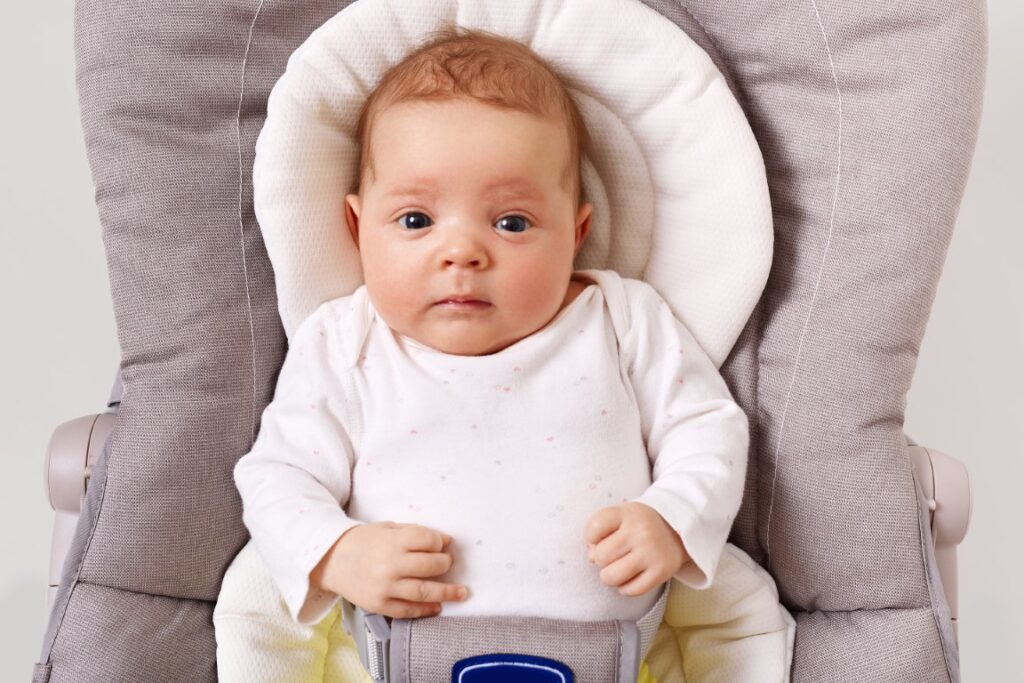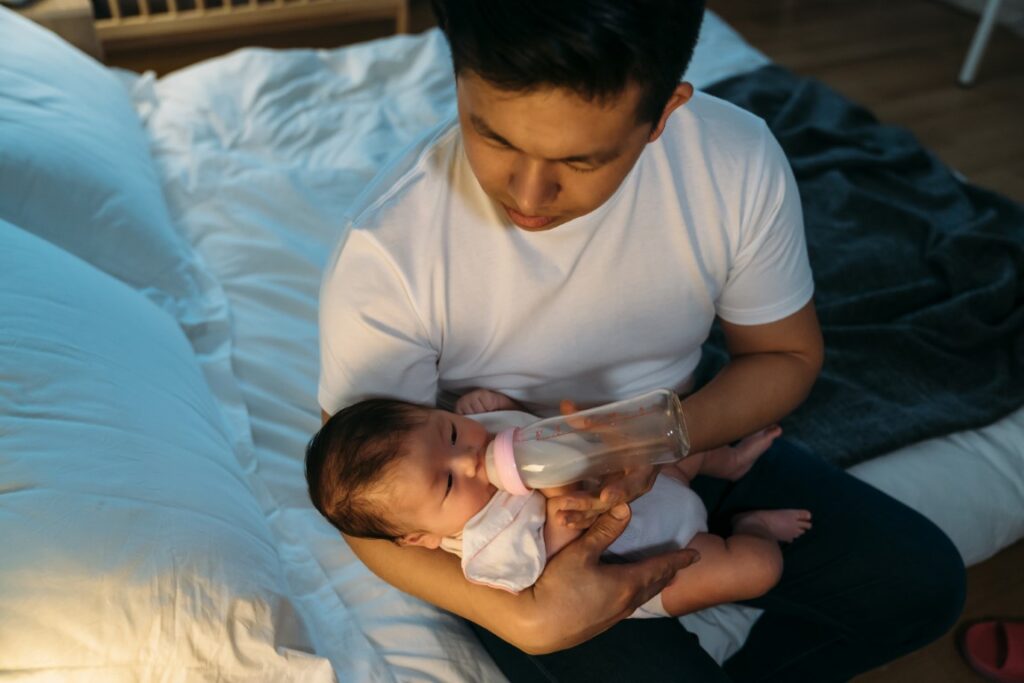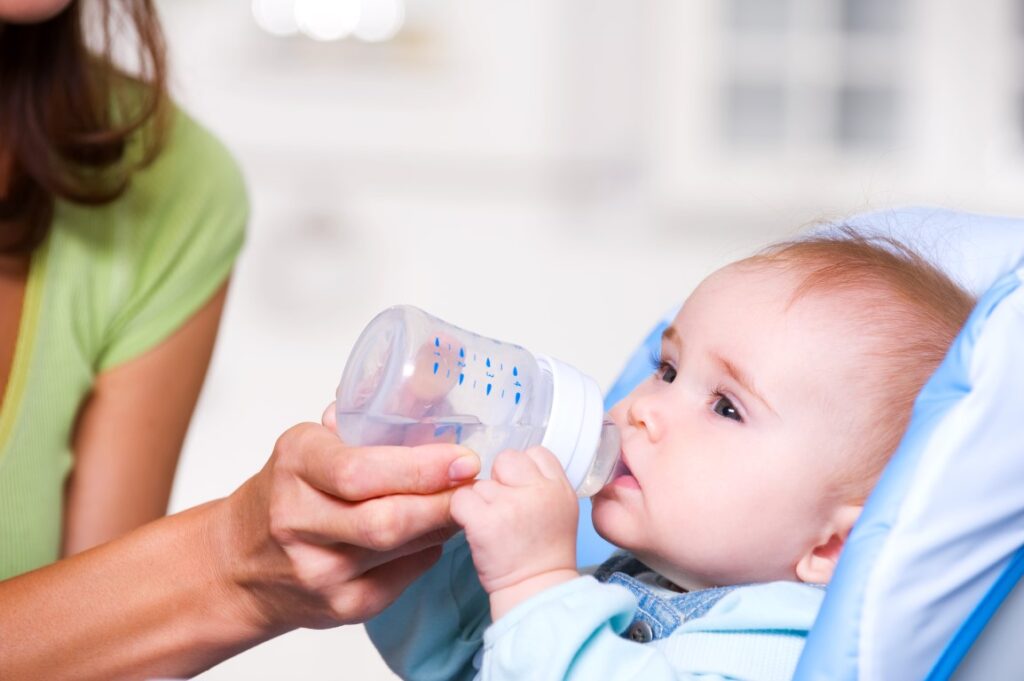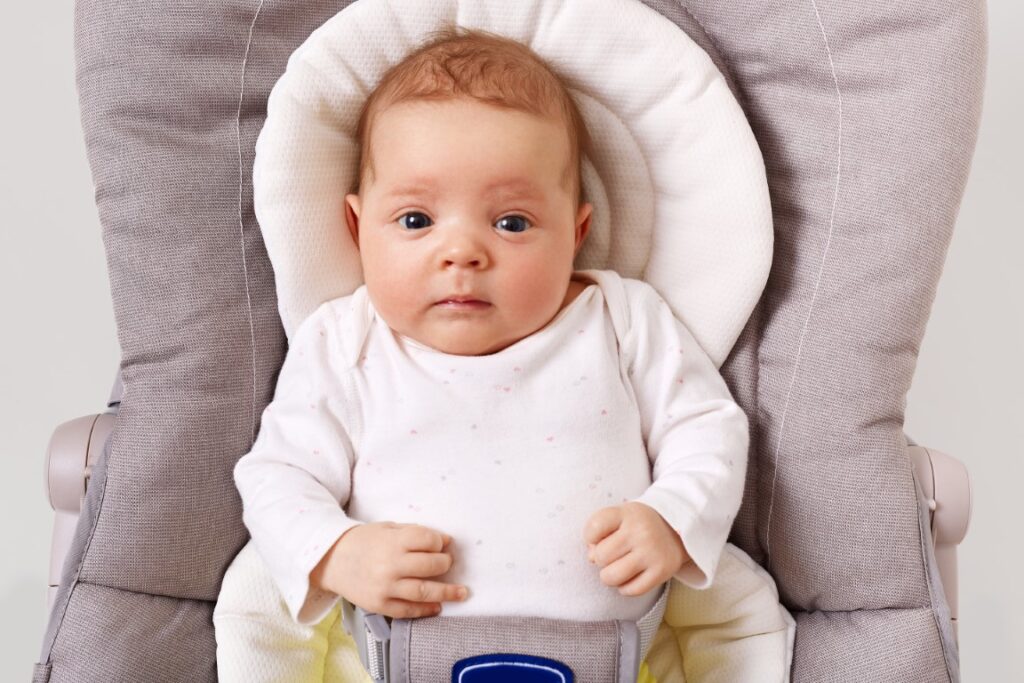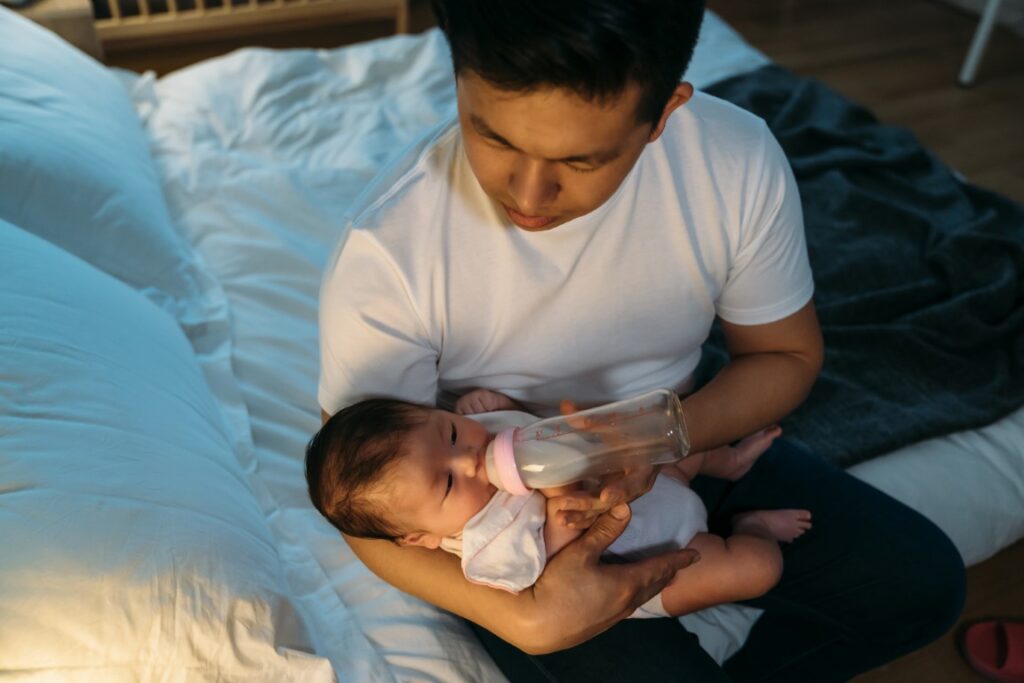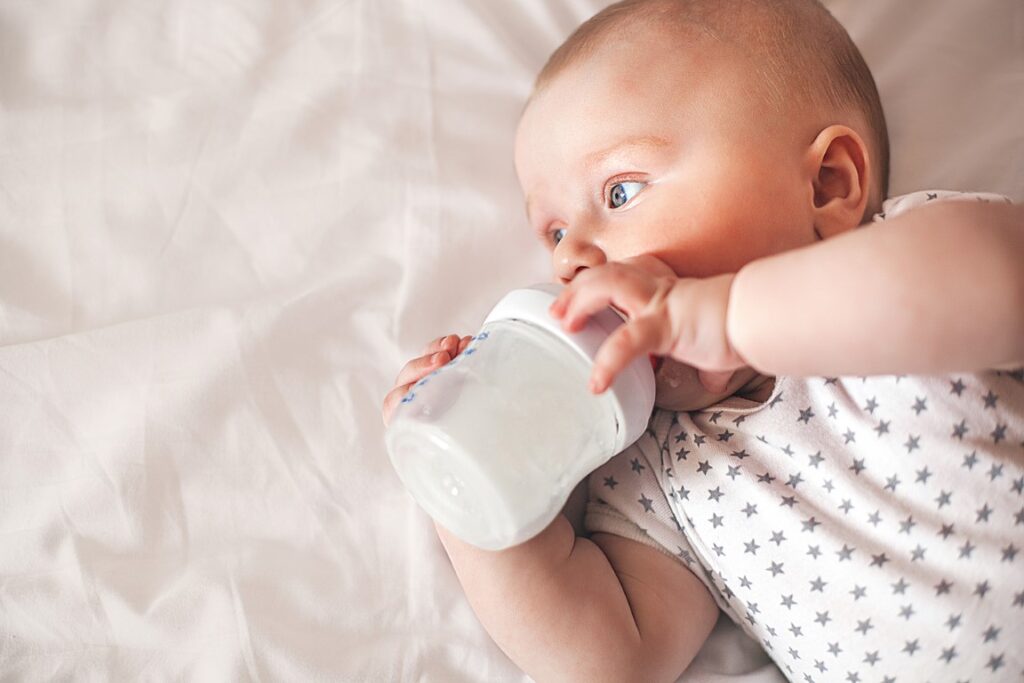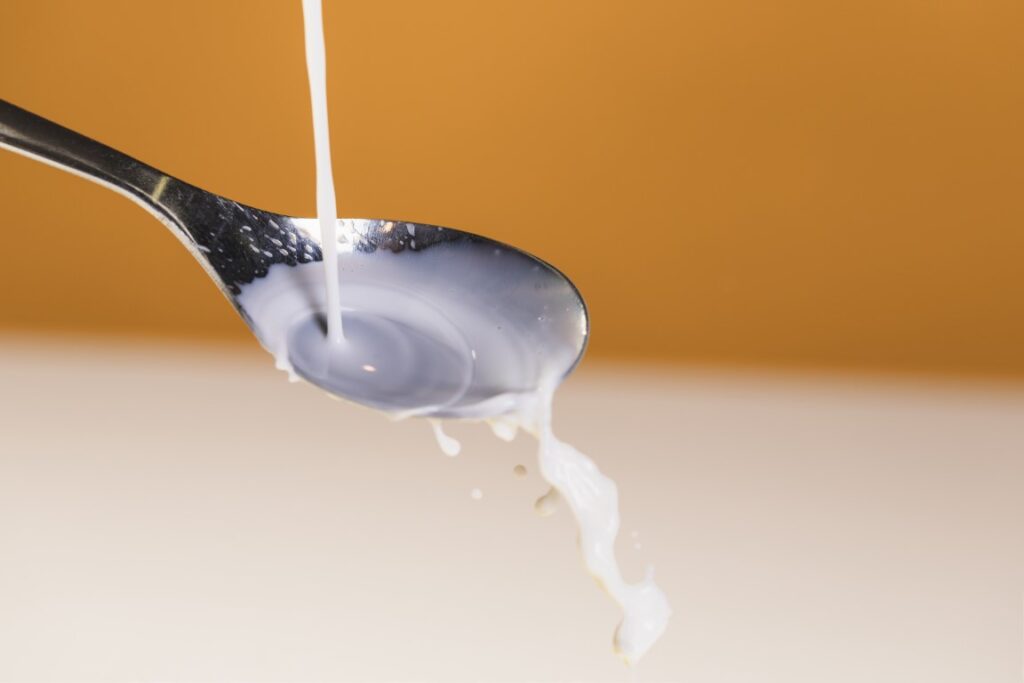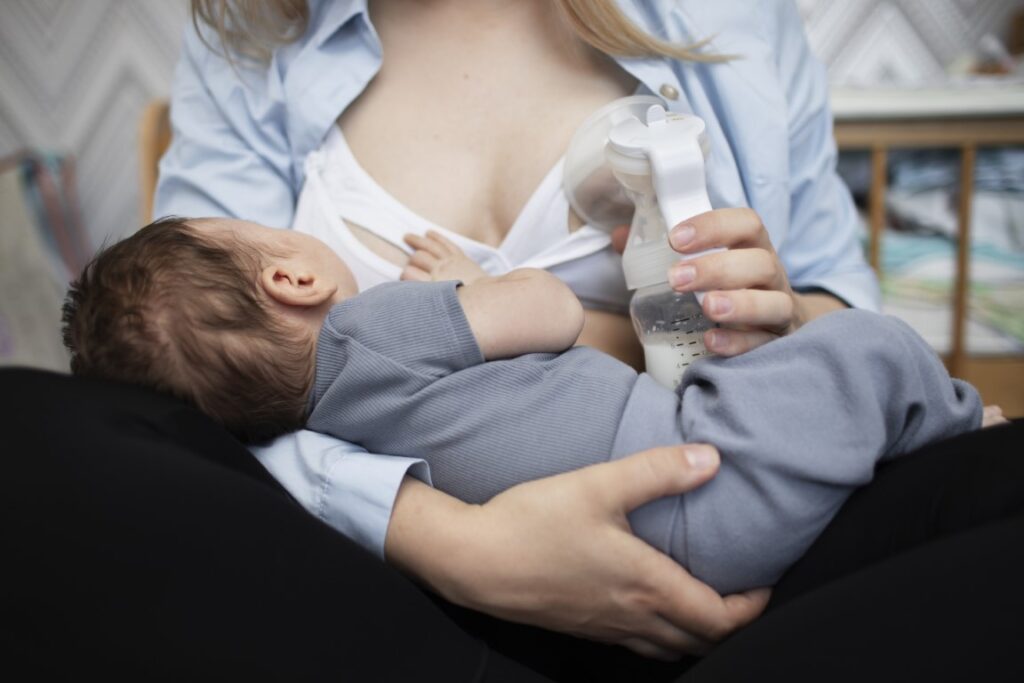Iron deficiency symptoms in babies
The psychological development of infants and toddlers who don’t get enough iron may be hindered. Their attention spans may be shorter, and they could retreat socially. Additional signs and symptoms might include weakness, numbness in the hands and feet, pale skin, delayed development, poor appetite, and behavioral issues.
Babies who are breastfed may require a supplement
Iron levels in breast milk are quite low. Starting at 4 months of age, the American Academy of Pediatrics advises babies who are exclusively fed breast milk to take an iron supplement of 1 milligram per kilogram of body weight. It might not be necessary to take a supplement if your baby drinks iron-fortified formula. If you think your baby needs additional iron, discuss it with your doctor.
Do formula-fed newborns need vitamin supplements?
It’s a different situation when it comes to vitamins and babies who are on formula. Your baby does not require supplements as long as they consume around 32 ounces of formula each day, as this amount is already enriched with vitamin D, iron, and many other minerals. As a result, avoid low-iron formulas unless your doctor instructs you otherwise.
Do babies who receive both breastmilk and formula need to take vitamins?
If your baby drinks both breast milk and formula, your doctor will probably tell you to give him an iron and vitamin D supplement. Depending on how much enriched formula they consume, they could be getting all the iron and vitamin D they require if they drink largely from a bottle. Ask your doctor whether your child needs a supplement if they receive both breast milk and formula.
Nevertheless, if your baby starts eating solids, especially if they do so often and drink less formula, it will be a whole new nutritional game. They will start getting more of their nourishment from meals and less from formula. You might want to discuss continuing vitamin D and iron supplements with your doctor if you have a picky eater (and possibly other vitamins).







